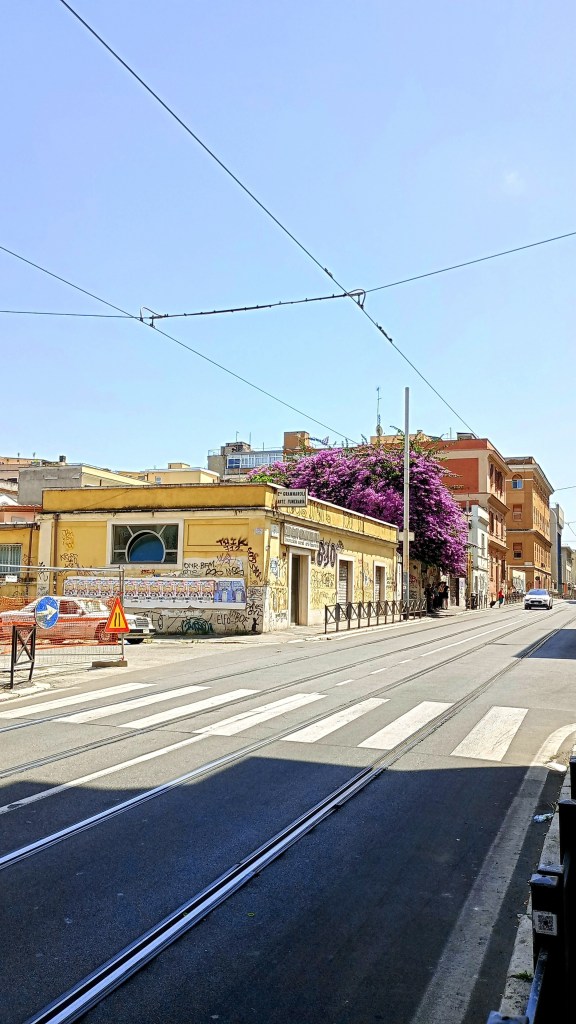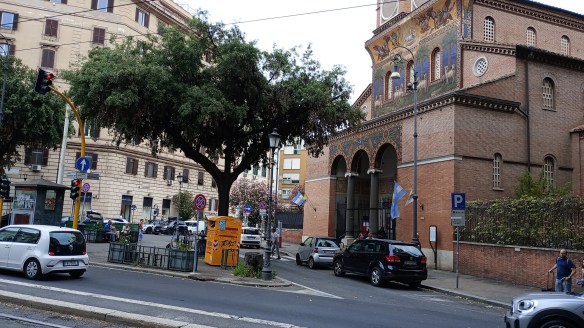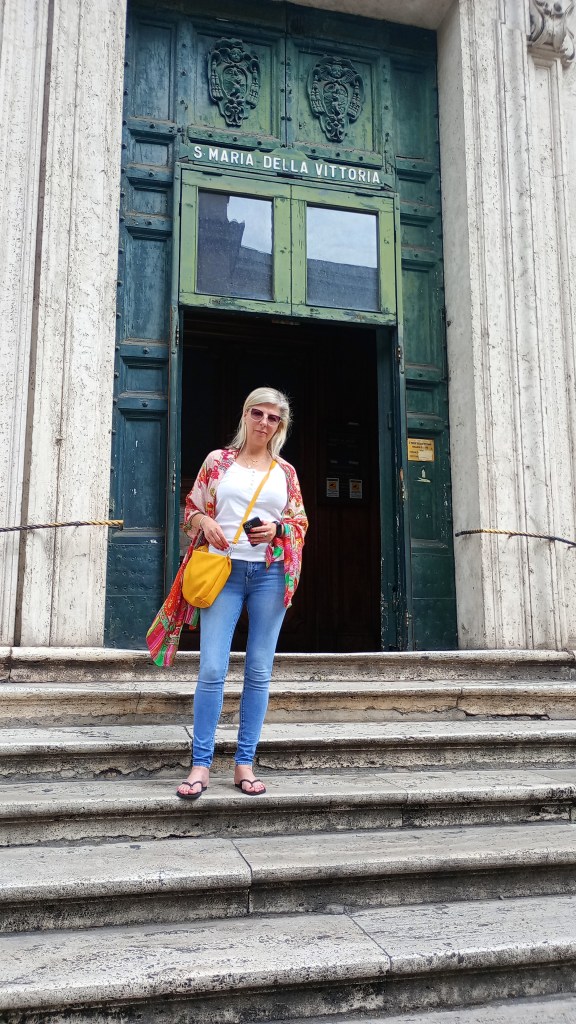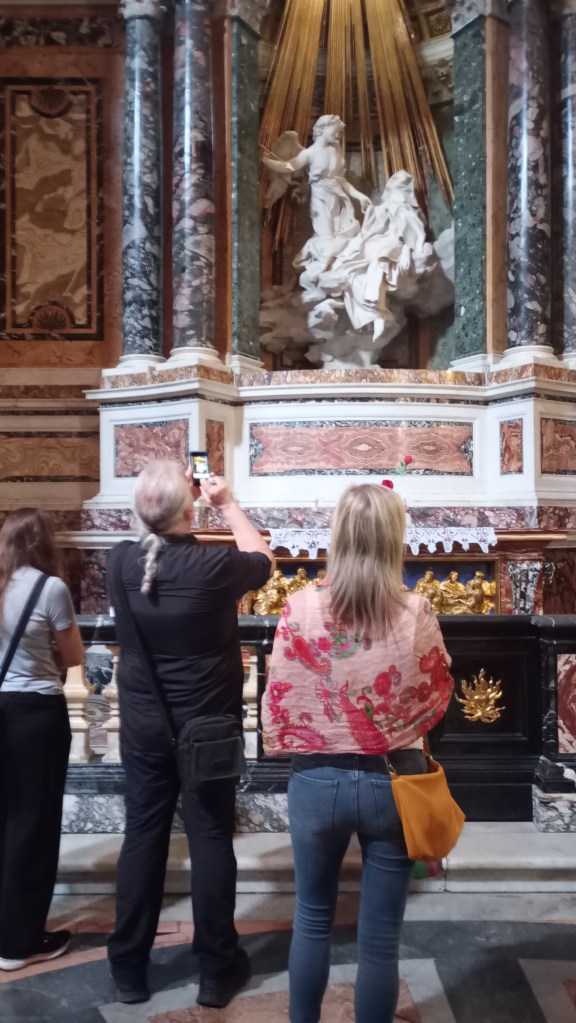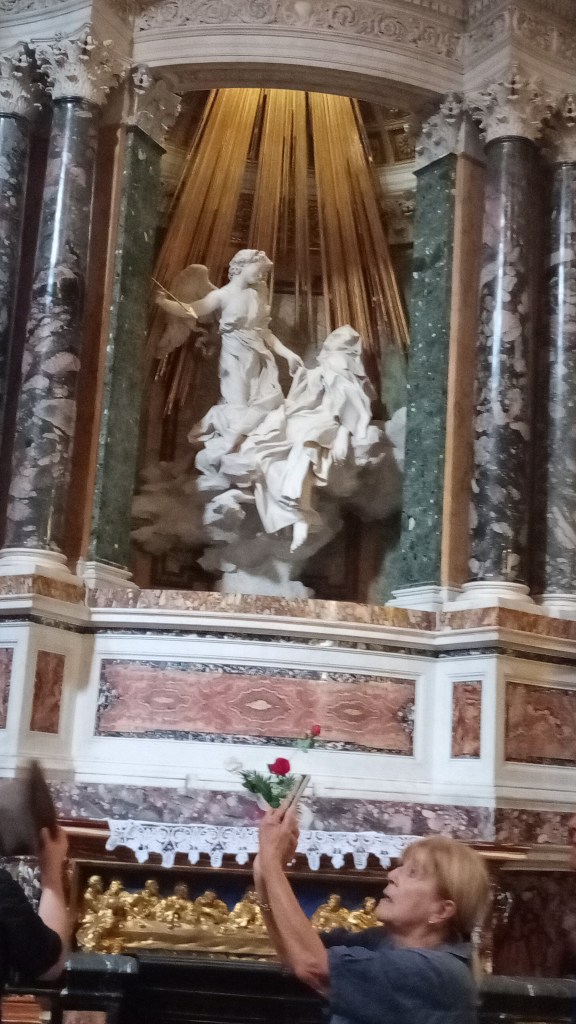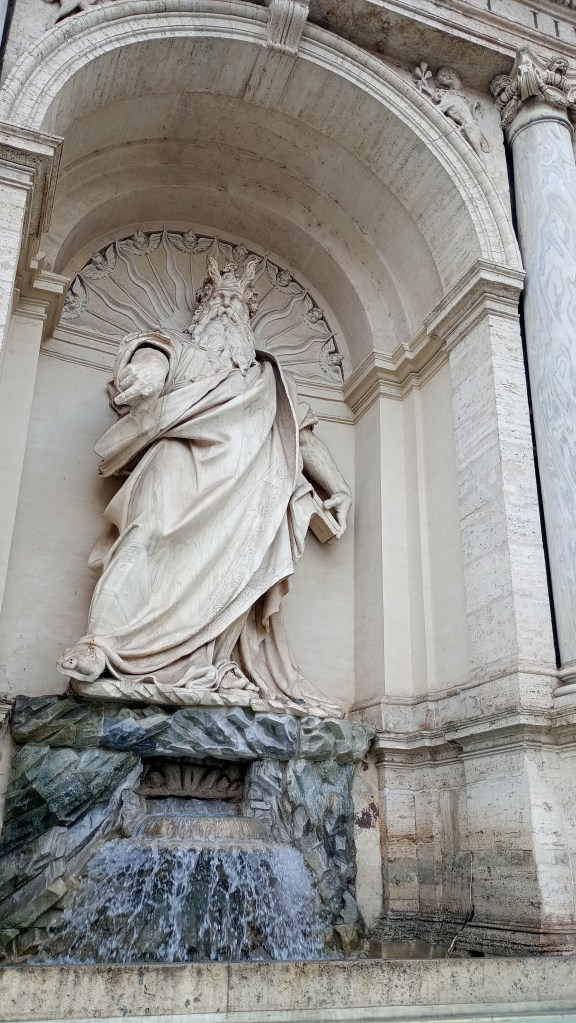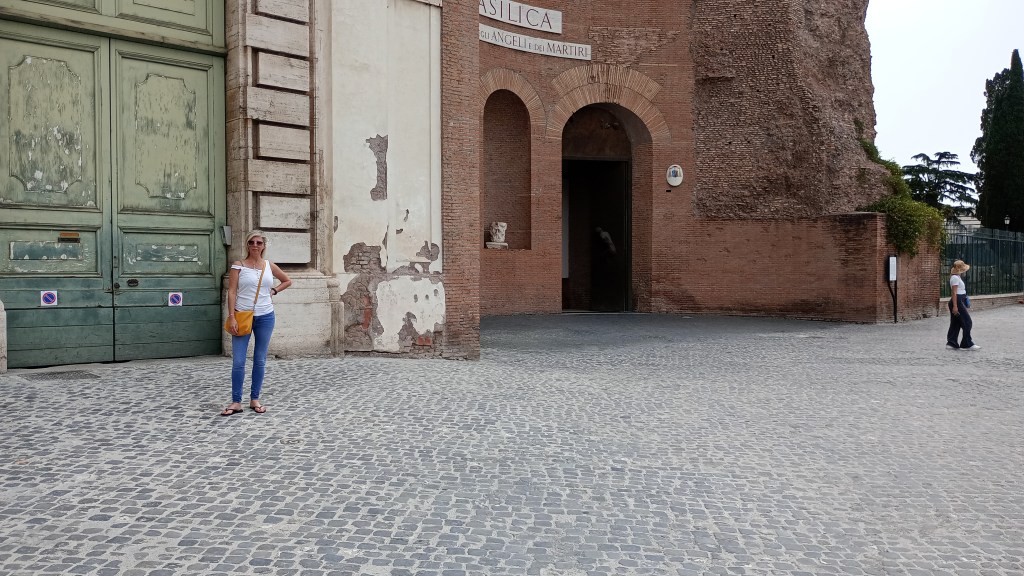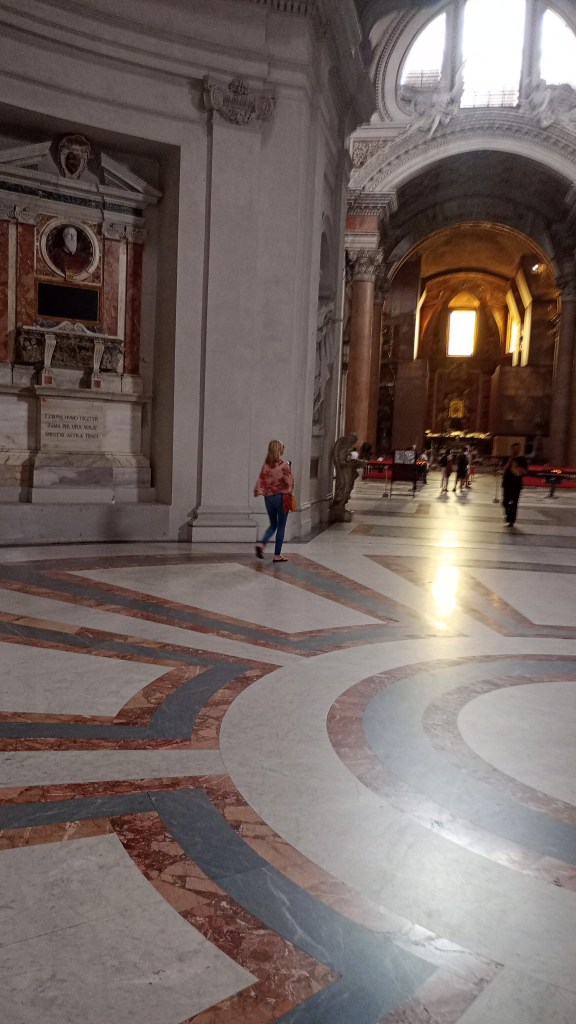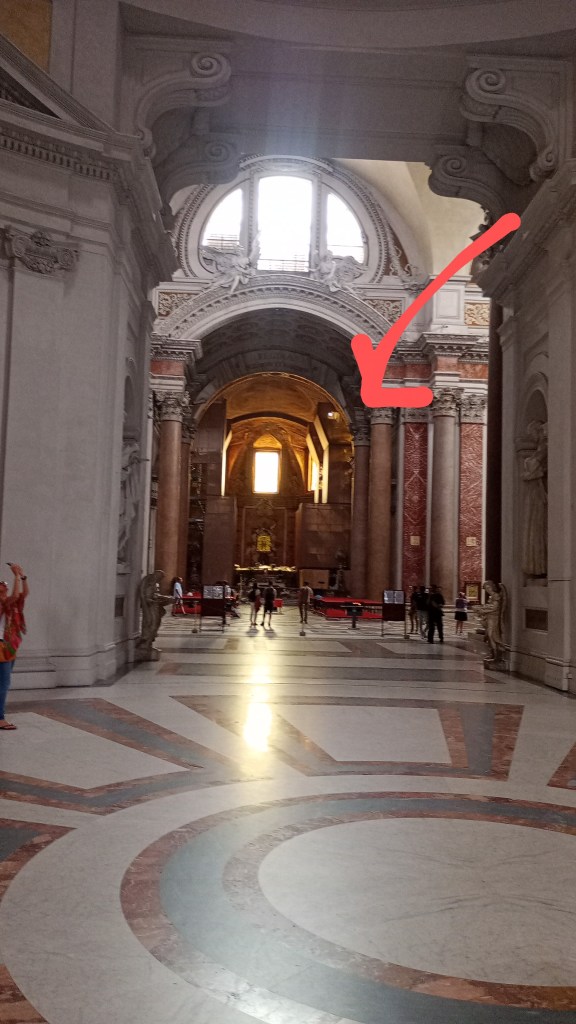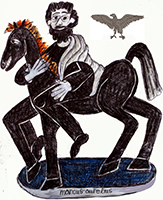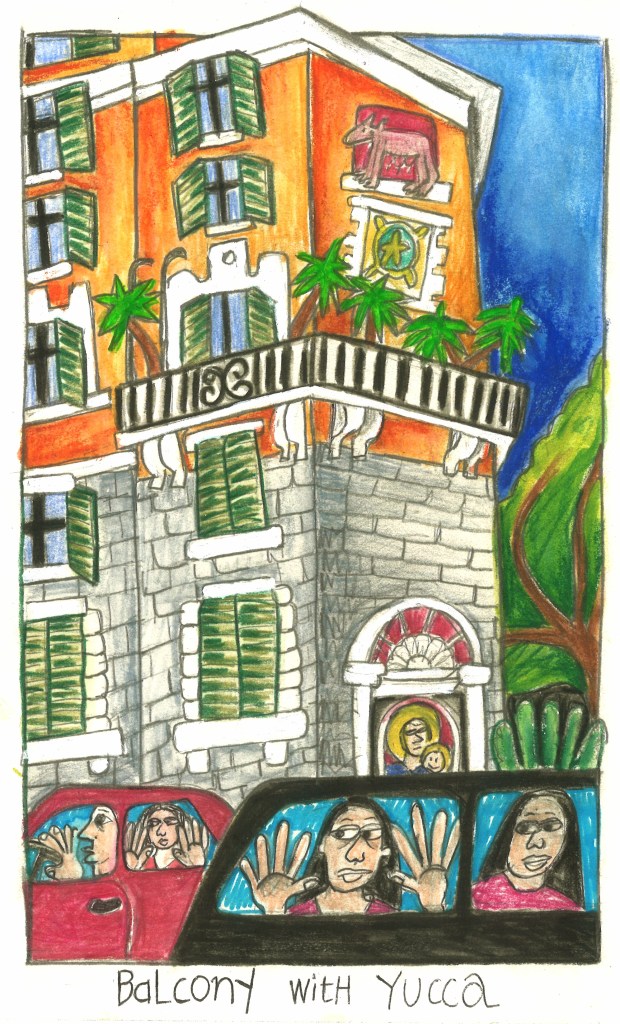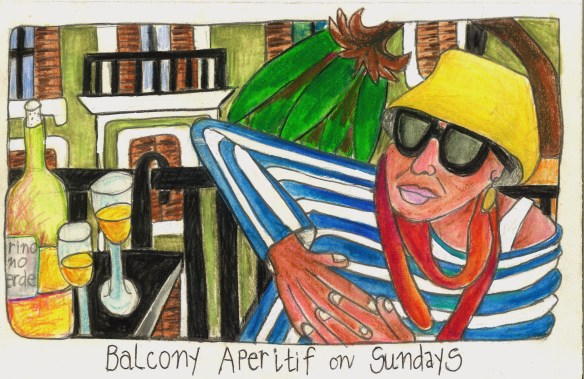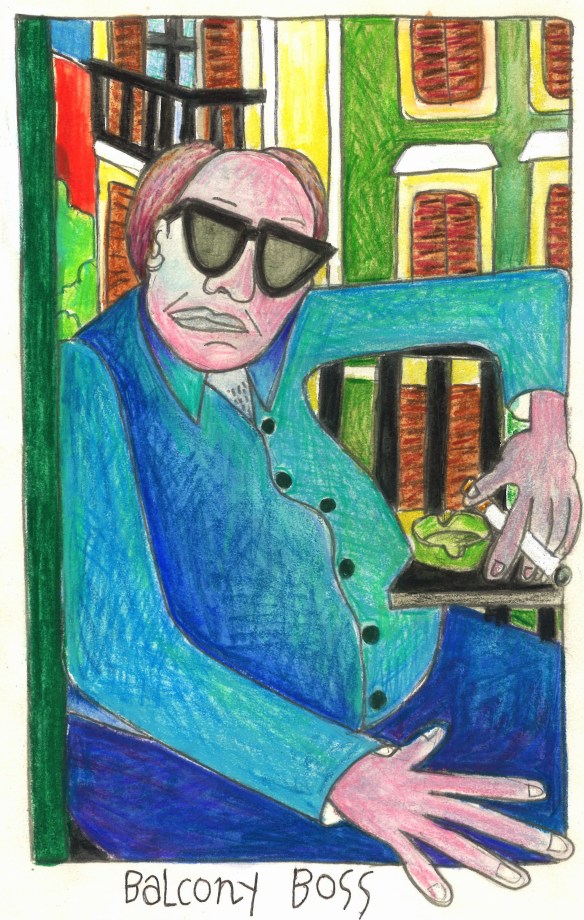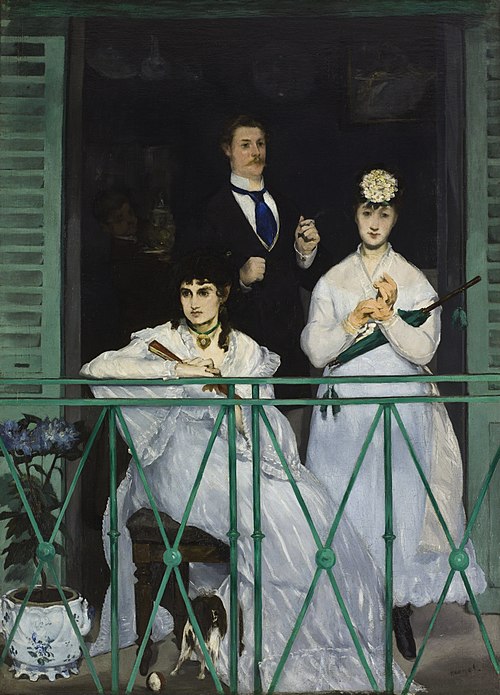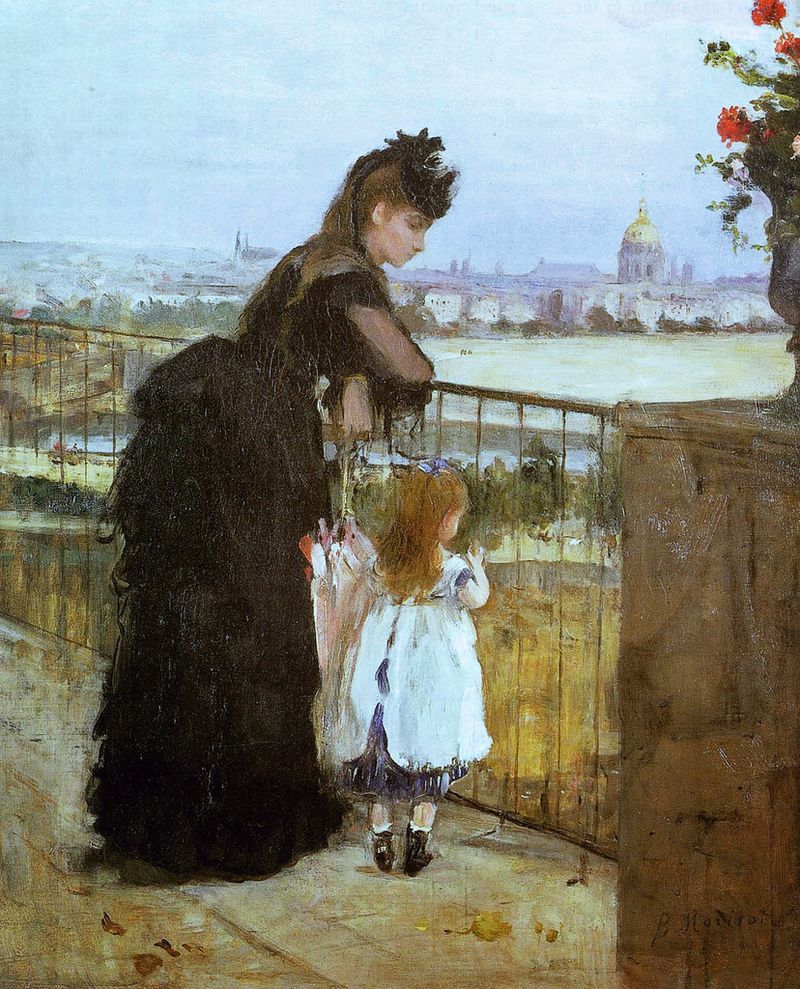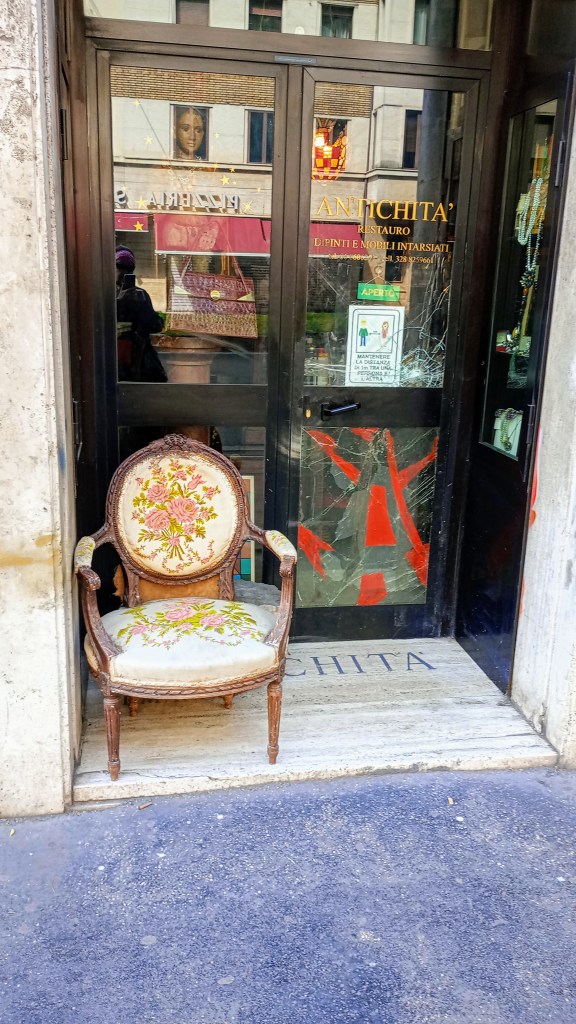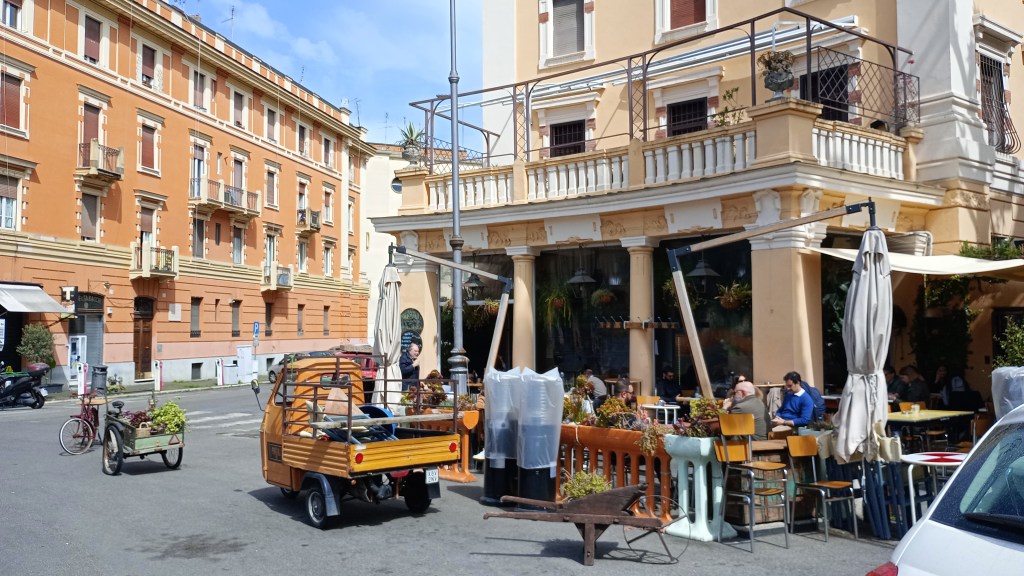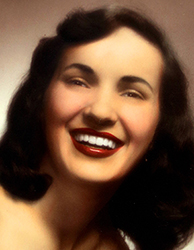
ICE men must rally hate themselves. In Matthew 22:39 (and elsewhere in the Bible), Jesus instructs his followers to “love your neighbor as yourself”. Only someone who hates himself could be as cruel to another human being as these men are.
Where is their dignity or self-respect? It is apparent they have none. That’s why they need to be shamed until they’re “woke” to all the pain they are causing. And who better for that task than Chingonas, badass mommas who’ve learned not to take shit from ego – inflated machos.
“Chancla” is Spanish for flip-flop. In Latino culture, the chancla has been given almost a mythical status. When kids are out of control, moms can quickly get their attention by throwing a flip flop at them. Although, from a distance, seeing a flip flop flying may seem comical, it’s still a form of corporal punishment. Nevertheless, it’s a good way to get someone’s attention. And to repurpose our flip flops.
Viva Las Chingonas!
-30-
The link below comes from Jenn Budd, a former border patrol agent who was so repulsed by what she saw that she became an immigrant rights activist and author.

